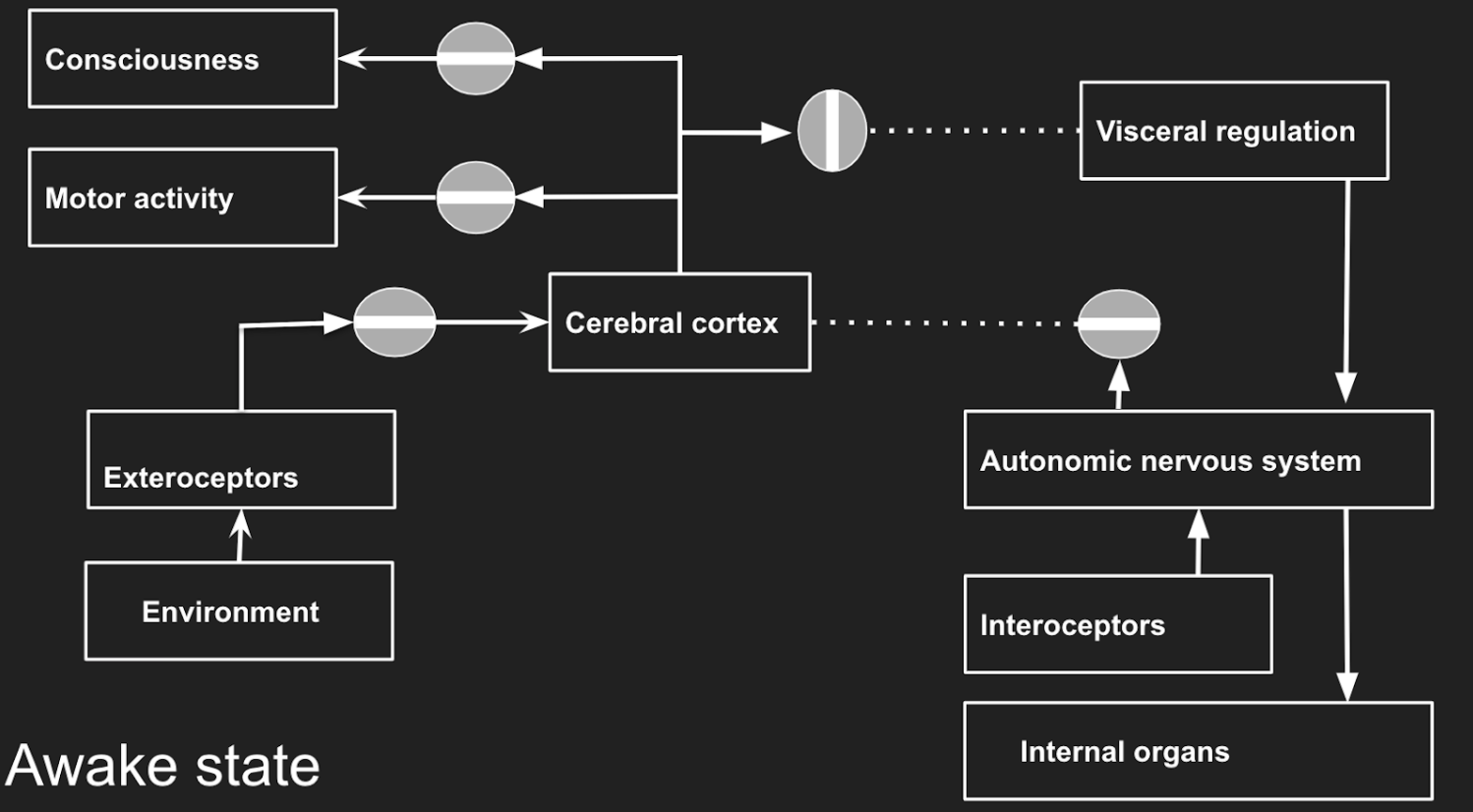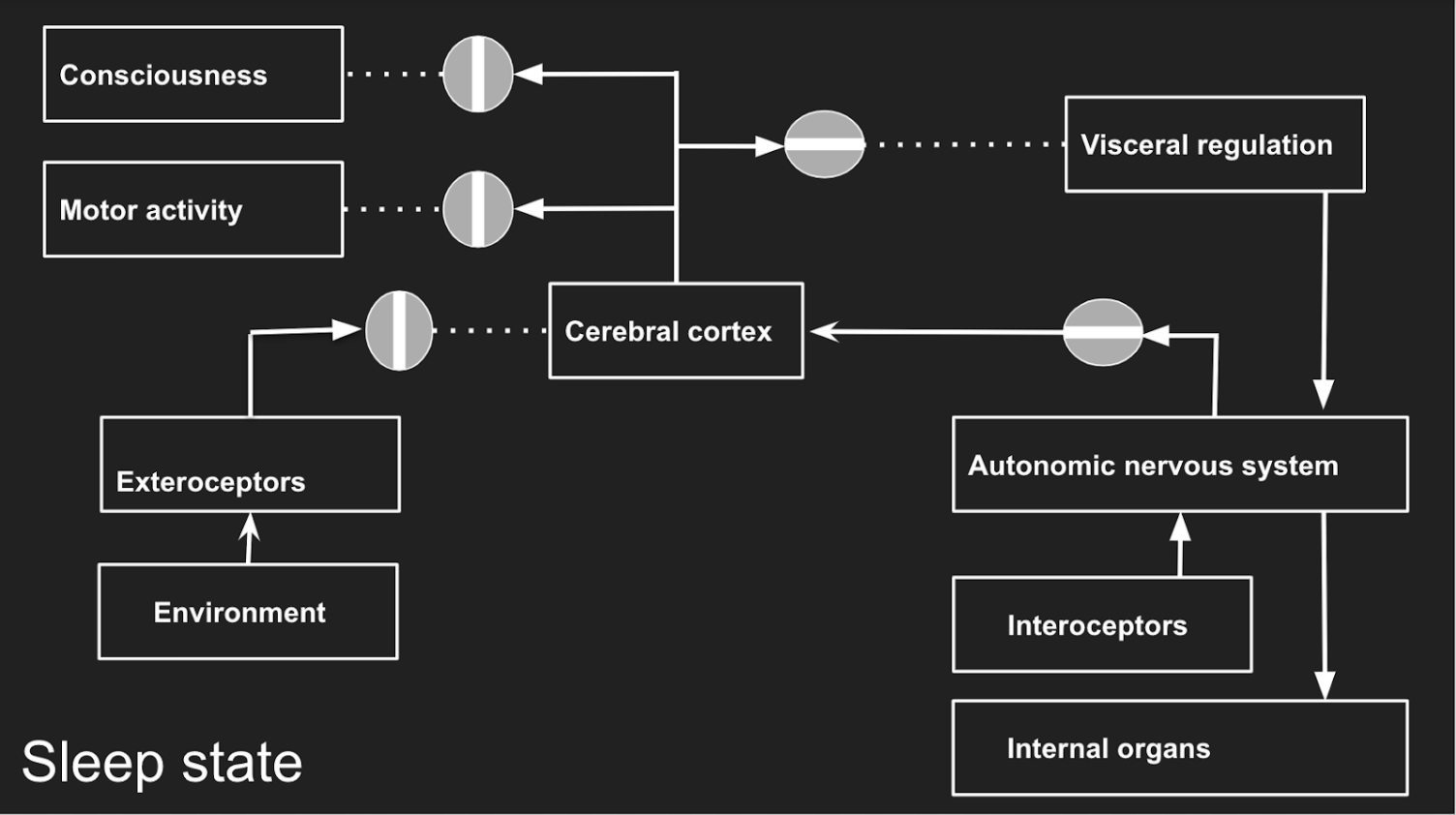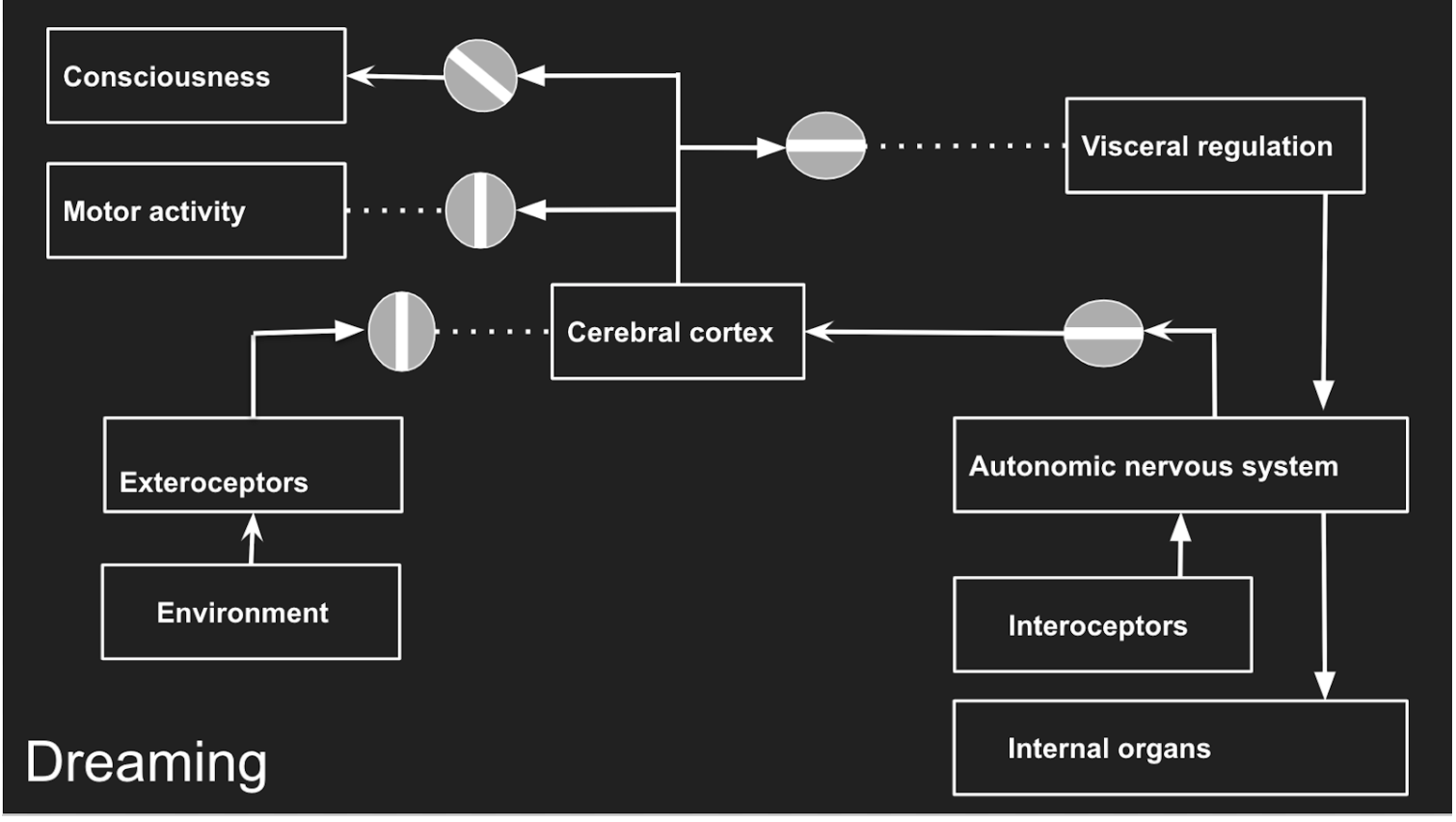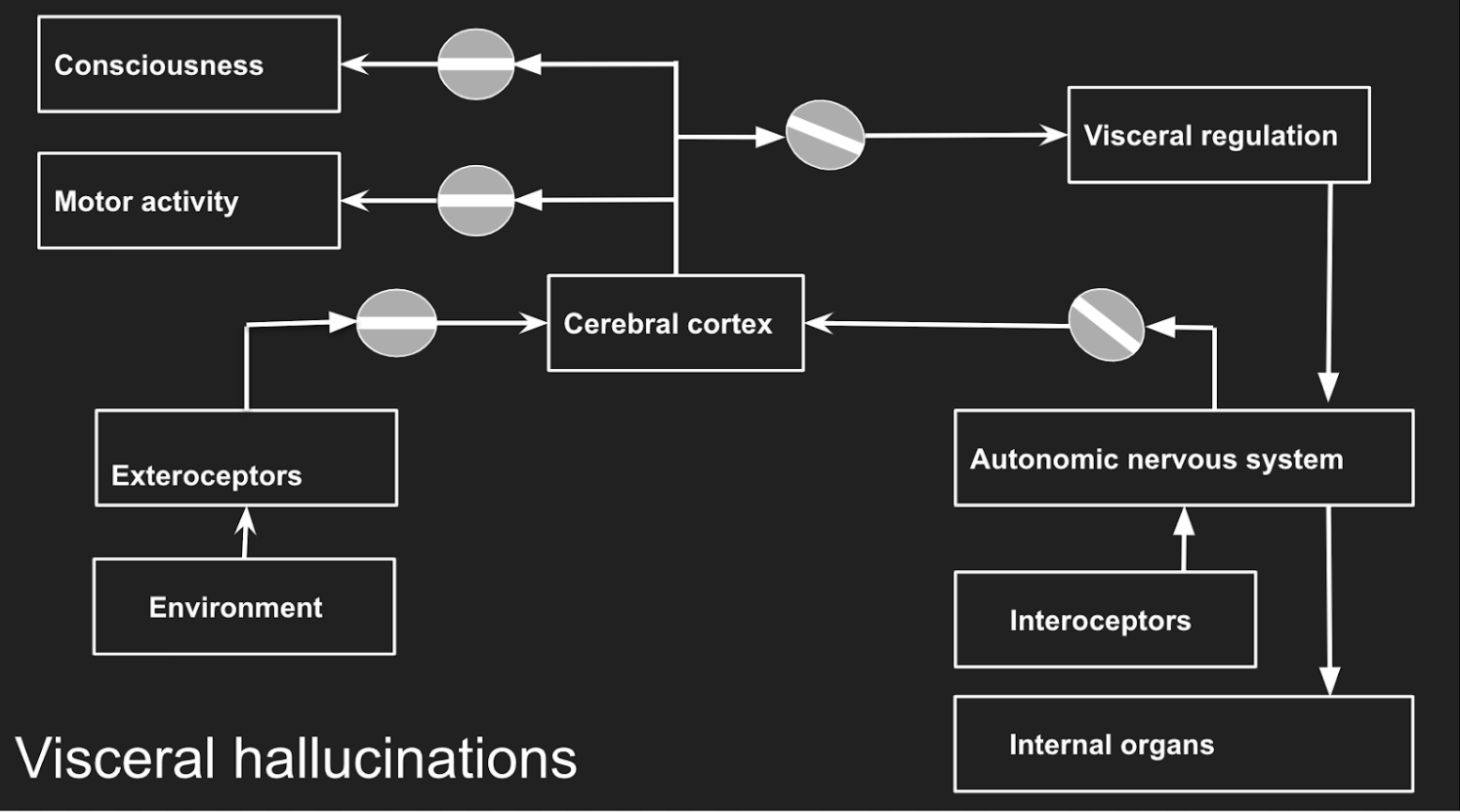How to hack your sleep
Close to bedtime, ask any kid if she wants to sleep. The answer will be a definite no: sleep is boring - she can’t play when she’s sleeping!
We grow up, and no one tells us to go to bed anymore. What do we do? We trade dreams for reality. This way, we can study more, work more, live more.
How much sleep can we get rid of? Stay tuned: that is what we are going to explore in this post.
First, let’s see what happens if we don’t sleep.
In the 19th century, one Maria Manasseina[4] and her crew conducted a cruel experiment on 20 puppies: they deprived 10 puppies of food and 10 other puppies of sleep.
Can you guess what the results were?
The food-deprived puppies recovered after 20-25 days of hunger.
The sleep-deprived puppies died after 4-5 days. Examination revealed pathological processes in the brain: there were numerous hemorrhages in the brain tissue, abnormalities, and the destruction of small vessels of the brain.
The experiment not only showed that sleep deprivation killed faster than hunger. It also made many scientists very curious about why our bodies fell apart when we didn’t sleep.
Thanks to resurrected interest to sleep, we now know so much more. We know that sleep happens in stages and each stage is associated with particular brain waves, heart rhythms, and breathing patterns. We know that our bodies do psychological and physiological repairs, secrete hormones, consolidate memories, and do so much more.
We have learned that our risk of developing cancer, diabetes, and various cardiovascular diseases increases if we don’t sleep. In addition, our cognitive performance is degraded. We even look less attractive[5].
Even small sleep disturbances in our sleep schedules are troublesome. For example, shortly after the springtime daylight shift, hospitals report a 24% spike in heart attack visits around the US[2]. The number of car incidents, injuries, and strokes increases. During the fall shift, precisely the opposite happens.
But still, why do we need to spend a third of our lives in this weird state?
The Visceral Theory of Sleep[1] gives us some answers.
“Visceral” refers to internal organs. The visceral theory of sleep claims that, when we sleep, our brains process information coming from internal organs. In particular, the theory claims that, during non-REM sleep, the brain processes information from rhythmic organs such as the heart and lungs. During REM sleep, the brain processes signals from non-rhythmic organs such as the liver, tenancies, and the brain itself.
Why can’t visceral information be processed while we are awake?
It looks like there is simply too much data. For instance, more data comes from our intestines than from our eyes. Sleep time is the only time when the brain can process this information.
Let me throw a couple of diagrams that illustrate the beauty of theory.
When we are awake, our internal organs function in autonomous mode. The brain is busy processing conciseness and motor activities.

When we sleep, the brain blocks motor and consciousness activities. This frees up some processing power for data streams coming from internal organs.

The same theory might explain why we see dreams. Imagine that the conscious valve is not entirely off. Signals from our organs fire up our neurons. Most likely, these neurons will have been recently active. That is why dreams are often related to what happened to us during the day.

The most “exciting” thing happens when we don’t sleep. The visceral valve opens slightly. Signals from the environment start to penetrate into the visceral area. They are not intended to be there. And the opposite happens - signals from internal organs penetrate into the consciousness. Because of that, we might feel and even see weird things. This state is known as “visceral hallucination.”

In other words, if we don’t sleep, we destroy our internal organs while getting insane. Win-win.
Conclusion
The Visceral Theory of Sleep is not the end point of sleep research. Still, it shows how incomprehensibly complex and delicate our sleep is.
Messing with sleep is like clicking random buttons in an alien spaceship - the consequences are random, mostly bad.
On the other hand, when we sleep well, we are entirely different creatures: we are smarter, we look younger, we are more productive, our immune systems function better, our metabolism improves; overall, our energy levels are higher, and life just seems to be brighter. The list goes on.
A good night’s sleep gives a competitive advantage in the world of endless exhaustion and burn-out we live in. Not surprisingly, sleep is becoming a new status symbol[6].
P.S. I almost forgot. Here is how to hack your sleep:
Just try the following for 5 days, and you won’t recognize yourself!
-
You should get 8 hours of sleep: to do this, you need to spend 9 hours in bed.
-
You should get fixed sleep/awake hours +/- 30 mins variation.
-
Your room should be cold and dark.
If you can’t sleep normally, your number one priority must be fixing your sleep. That might include searching for professional help.
Happy sleeping!